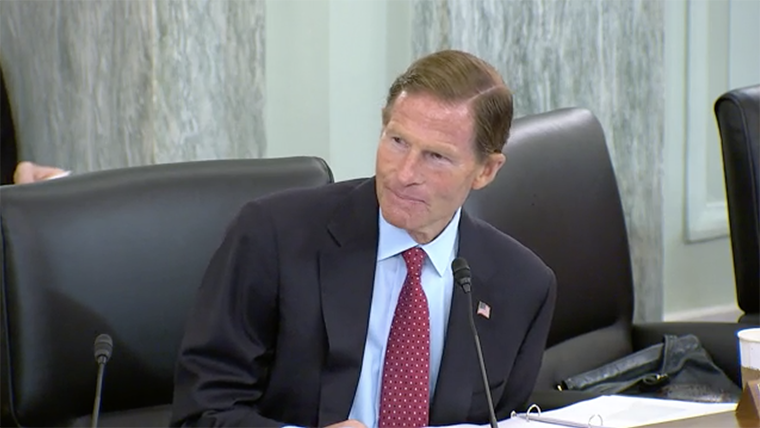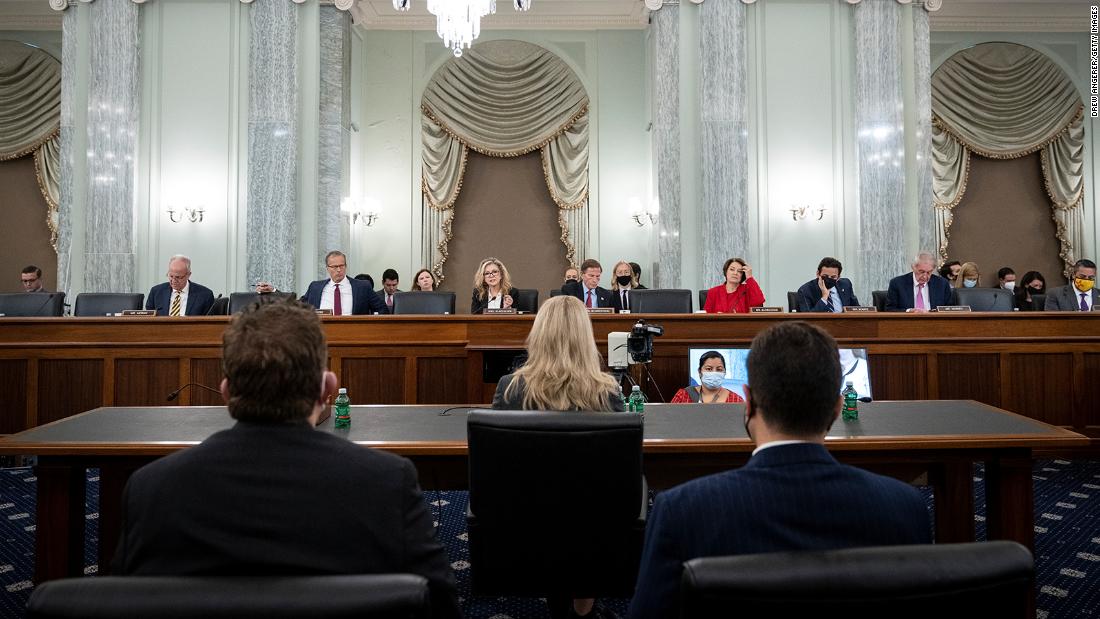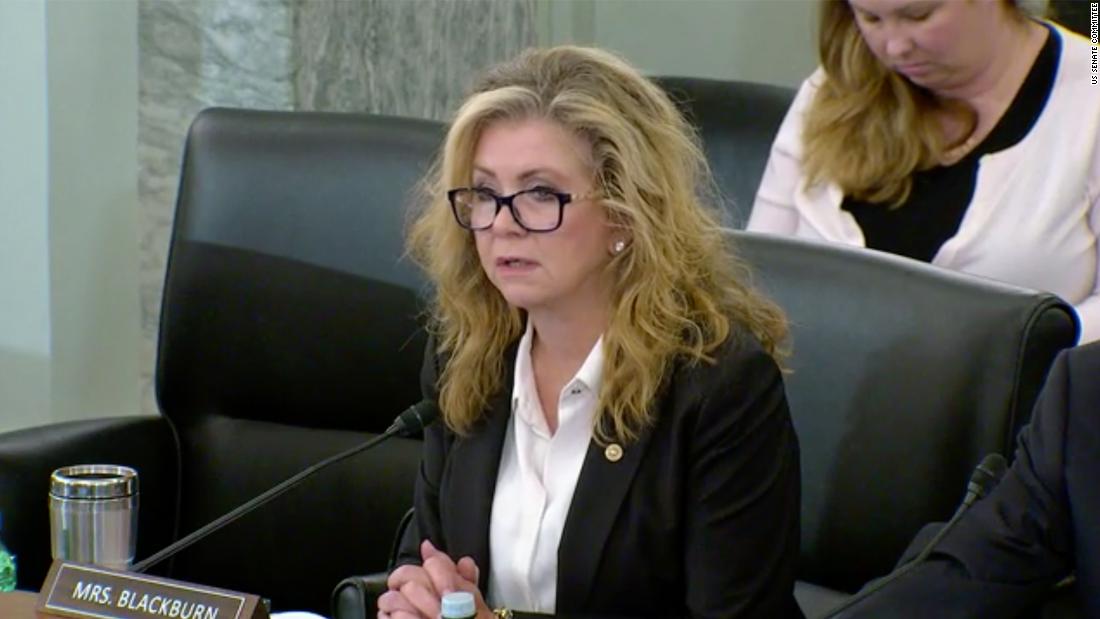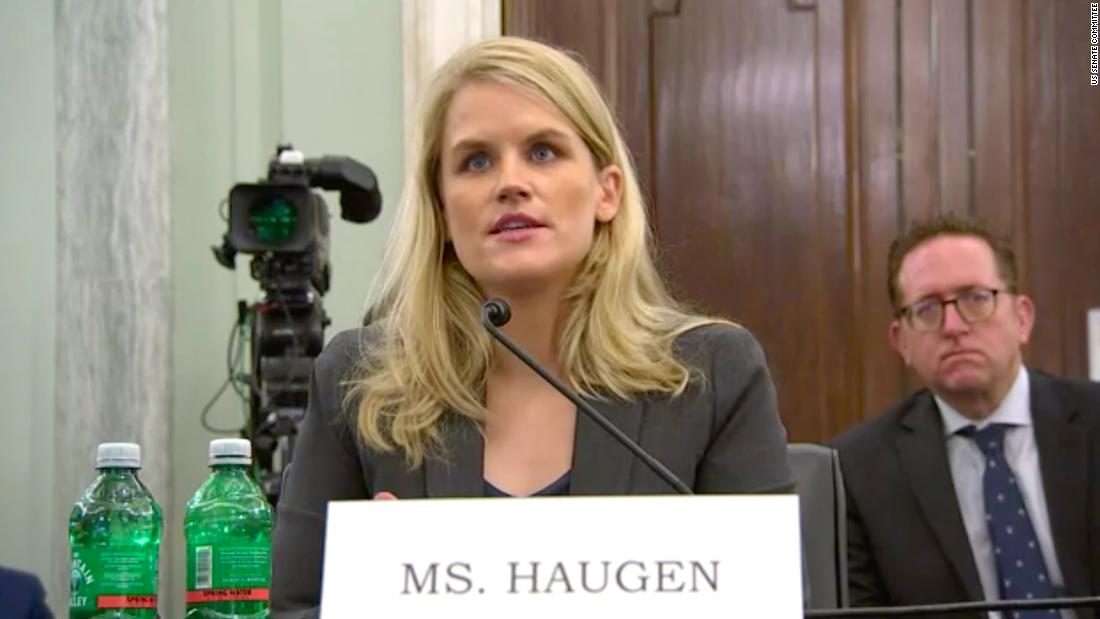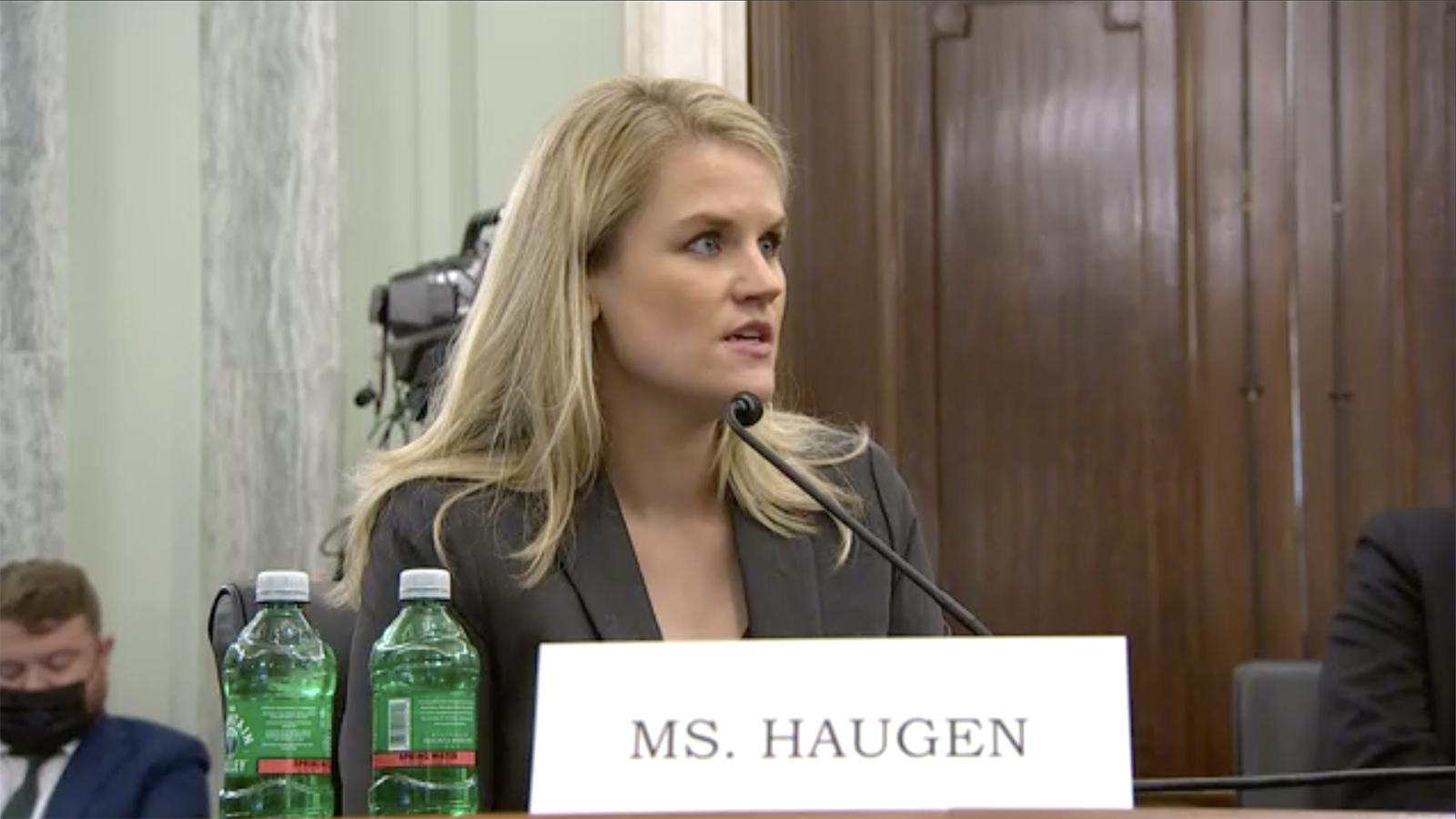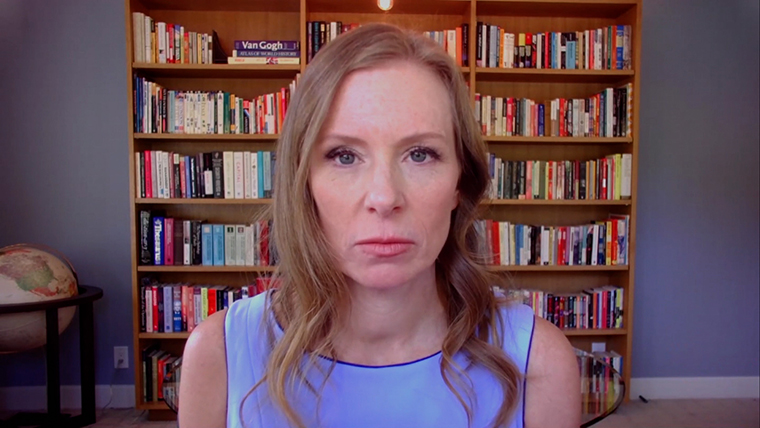
Monika Bickert, vice president of content policy at Facebook, responded to a whistleblower's accusations this afternoon, saying the platform does not push incendiary content in order to drive engagement.
"It is not true," said Bickert, when asked by CNN's Alisyn Camerota if the platform's algorithms are designed to push inflammatory content in order to draw more clicks and engagement.
"We do the opposite, in fact, and if you look in our transparency center, you can actually see that we demote, meaning we reduce the visibility of engagement bait, click bait, and why would we do that? One big reason is for the long-term health of our services, we want people to have a good experience," she said.
Bickert was responding to whistleblower Frances Haugen's testimony on Capitol Hill earlier in the day who said the company puts "their astronomical profits before people" and its products “harm children, stoke division and weaken our democracy." She called for congressional action against the social media giant.
"When we realized tobacco companies were hiding the harms it caused, the government took action," she said in her opening remarks. "When we figured out cars were safer with seat belts, the government took action. And today, the government is taking action against companies that hid evidence on opioids. I implore you to do the same here."
In one portion of the hearing, Sen. Amy Klobuchar, a Democrat from Minnesota, asked the former Facebook employee if the company is using its algorithm to push "outrageous content" promoting eating disorders to young girls. She said that Facebook "knows it is leading young users" to content related to eating disorders. The whistleblower also noted that Facebook's artificial intelligence (AI) systems "only catch a very tiny minority of offending content."
Speaking on CNN this afternoon, Bickert did acknowledge the company could "do better" for some of its users.
"Now, we need to do better for those who are having a bad experience," she said.
More background: Haugen's identity as the Facebook whistleblower was revealed on "60 Minutes" Sunday night. She previously shared a series of documents with regulators and the Wall Street Journal, which published a multi-part investigation showing that Facebook was aware of problems with its apps, including the negative effects of misinformation and the harm caused by Instagram, especially to young girls, and that the company has tried to hide that evidence.
CNN's Samantha Murphy Kelly and Clare Duffy contributed reporting to this post.
